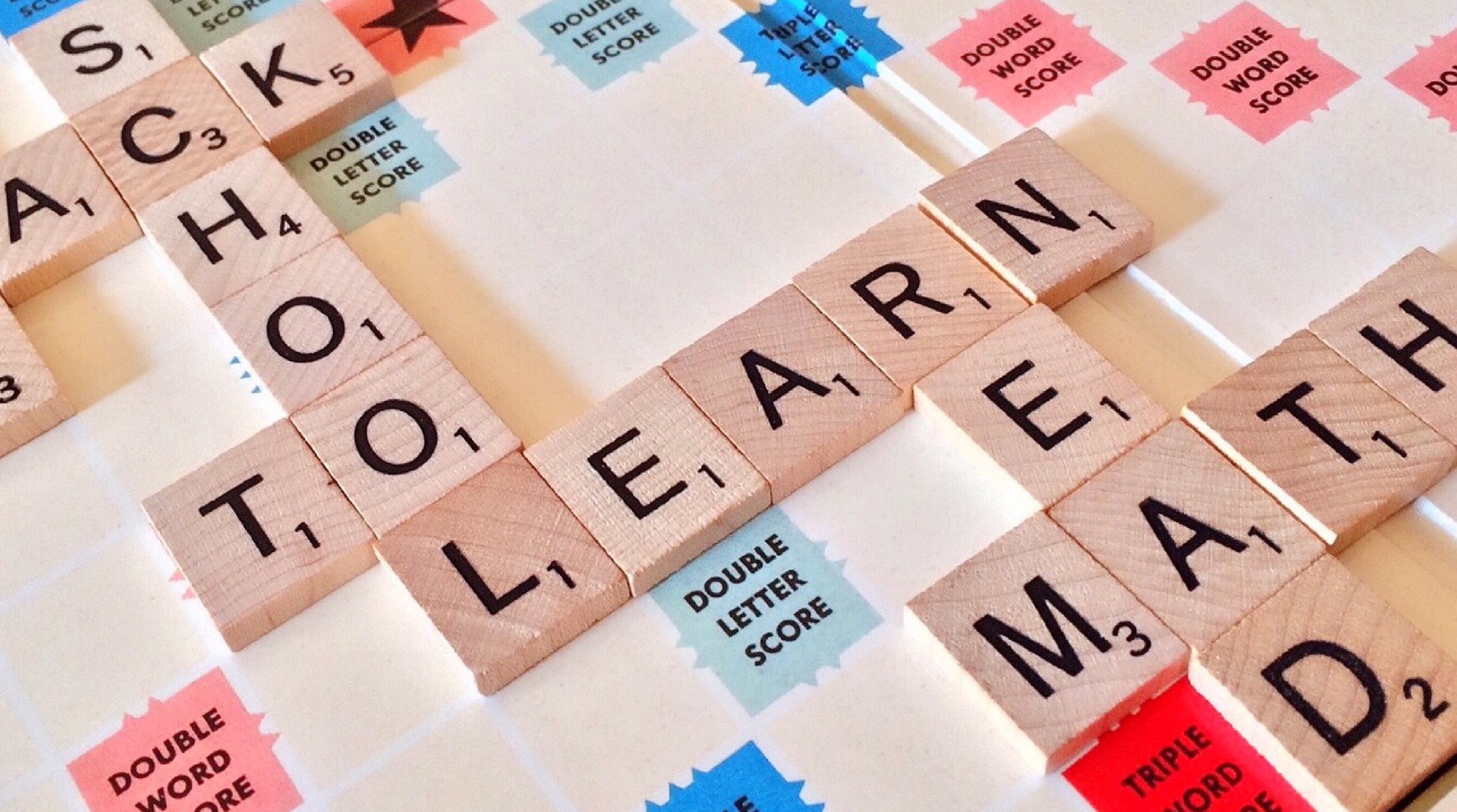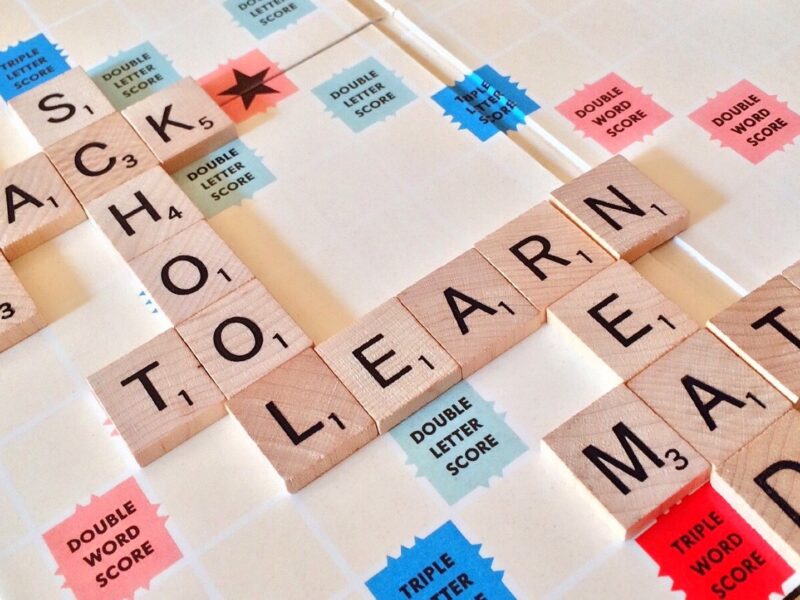Perhaps one of the most difficult things to do is convince a child that mathematics is not only interesting, but also important. This can be quite a challenge, especially when they are young and have not yet had to use many mathematical concepts in their everyday lives.
One way to help them see the usefulness of mathematics is to show them how it is used in the real world. Here are some examples of how mathematics is used in different careers: -A chef has to measure ingredients precisely so that the food tastes good. -A construction worker has to calculate angles and measurements to make sure the building is stable. -A doctor has to use mathematical formulas to calculate medication dosages.
Help them discover the mathematics around them
As a teacher, I often hear parents say that their children hate mathematics and that they have great difficulty helping them with their homework. It doesn’t have to be this way! With a little bit of effort, you can help your child see the mathematics in the world around them.
Here are some tips:
1. Watch for math in everyday activities. Point out to your child when you are using math in everyday activities such as cooking, shopping, or even driving.
2. Help them see math in the world around them. Ask your child questions like, “How many steps does it take to get to the park?” or “If we buy two ice creams for $3 each, how much will we spend in total?”
3. Make math fun! There are lots of great games and apps that make learning math fun. Try some out with your child and see which ones they enjoy the most.
4. Encourage them to ask questions. When your child is struggling with a concept, encourage them to ask questions so they can better understand it.
5. Praise their efforts. Be sure to praise your child when they are doing well in mathematics class or when they complete their homework successfully. This will help them feel good about themselves and their abilities.
Use Common Mathematics Materials
One of the most important things that you can do as a parent to help your child succeed in mathematics is to make sure that they have access to common mathematics materials. This includes things like pencils, paper, a whiteboard, and basic mathematical manipulatives.
If your child does not have access to these materials, it will be much harder for them to engage with the material and learn the concepts. Additionally, it is important to make sure that these materials are readily available so that your child can use them when they need to.
Finally, it is also beneficial to provide your child with opportunities to use these materials in different ways. For example, you might want to give them a chance to use the manipulatives to solve a problem, or use the whiteboard to write out their thoughts on a concept. By providing different opportunities for your child to engage with the material, you will help them better understand it and how it can be used in their everyday life.
Online Calculators
Calculadora can help children with their mathematics homework. However, it is important to make sure that the calculator is used correctly. Here are some tips:
– Make sure that the calculator is set to the correct mode. For example, if you are working with decimals, make sure that the calculator is in decimal mode.
– Be careful when entering numbers into the calculator. Remember to use the correct symbols for operations such as addition, subtraction, multiplication and division.
– Check your work by using a different method to solve the problem or by asking someone else to check your work.
Use Extracurricular Math
There are many opportunities for children to engage with mathematics outside of the traditional school setting. Here are some ideas for how parents and guardians can help their children develop a love for mathematics:
1. Visit a museum with mathematical exhibitions.
2. Attend a math-themed show or performance.
3. Go on a math scavenger hunt in the community.
4. Make homemade math games and puzzles.
5. Bake or cook together using mathematical concepts such as measurement, fractions, and geometry.
6. Read mathematical stories and books aloud together.
7. Have discussions about the world around them using mathematical language and reasoning skills.
Create Mathematical Games
In many cases, children do not like mathematics because they find it difficult or boring. However, there are many ways to make this subject more fun and interesting. One way is to create mathematical games.
There are a variety of mathematical games that can be created, depending on the age and skill level of the child. For younger children, simple counting and matching games can be beneficial. These types of games help to develop basic skills, such as counting and recognition of numbers and shapes.
For older children, more complex games can be introduced. These might include games that involve adding, subtracting, multiplying, or dividing. These types of games can help to improve a child’s computational skills as well as their problem-solving abilities.
Las Tablas can be a fun and rewarding experience for both children and adults. It is important to choose games that are developmentally appropriate for the child and that will also be enjoyable for them to play. With a little creativity, mathematics can be transformed from a chore into a fun and exciting activity!


